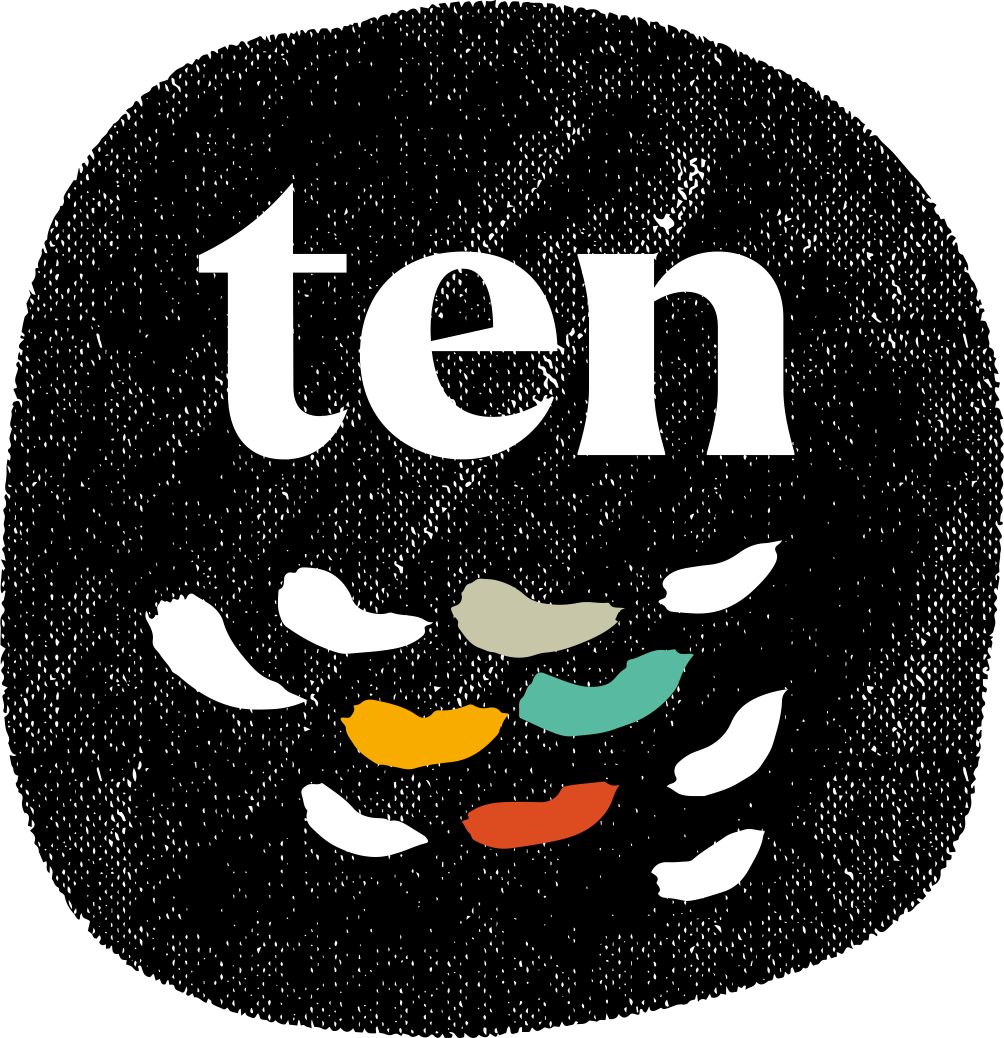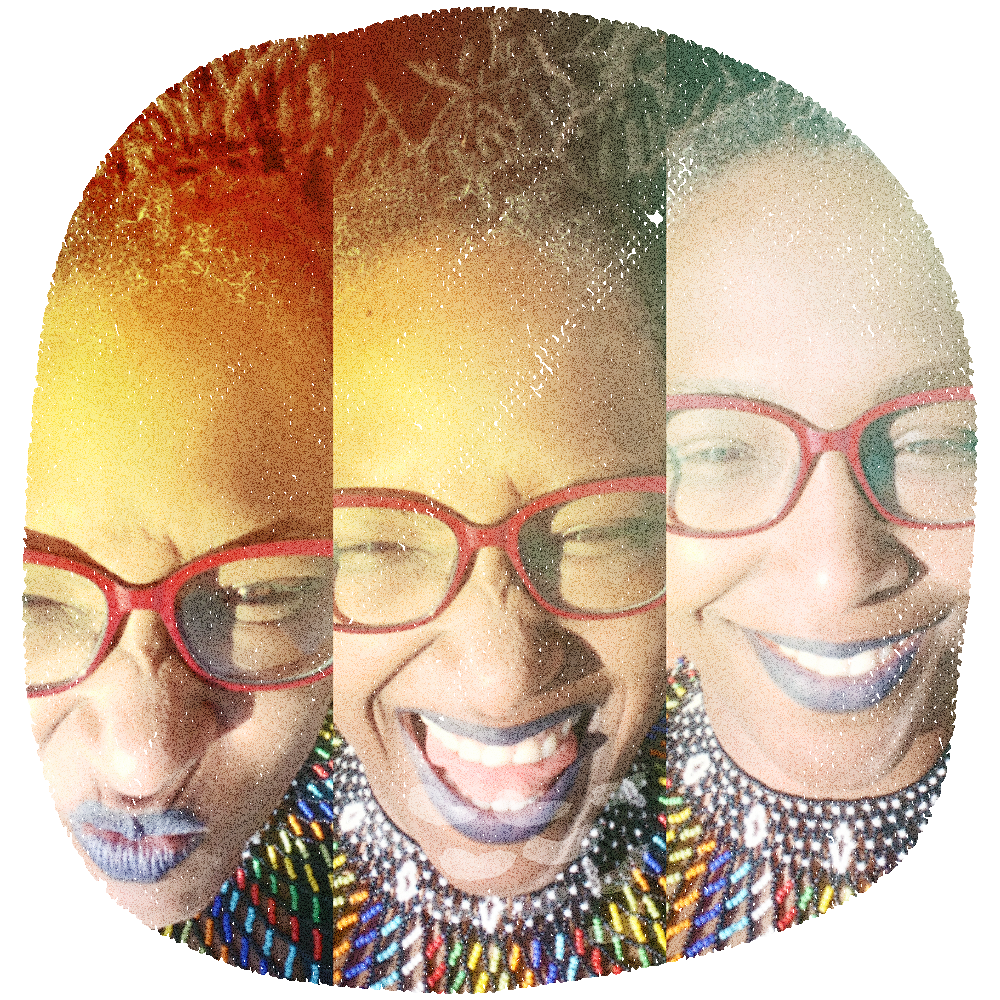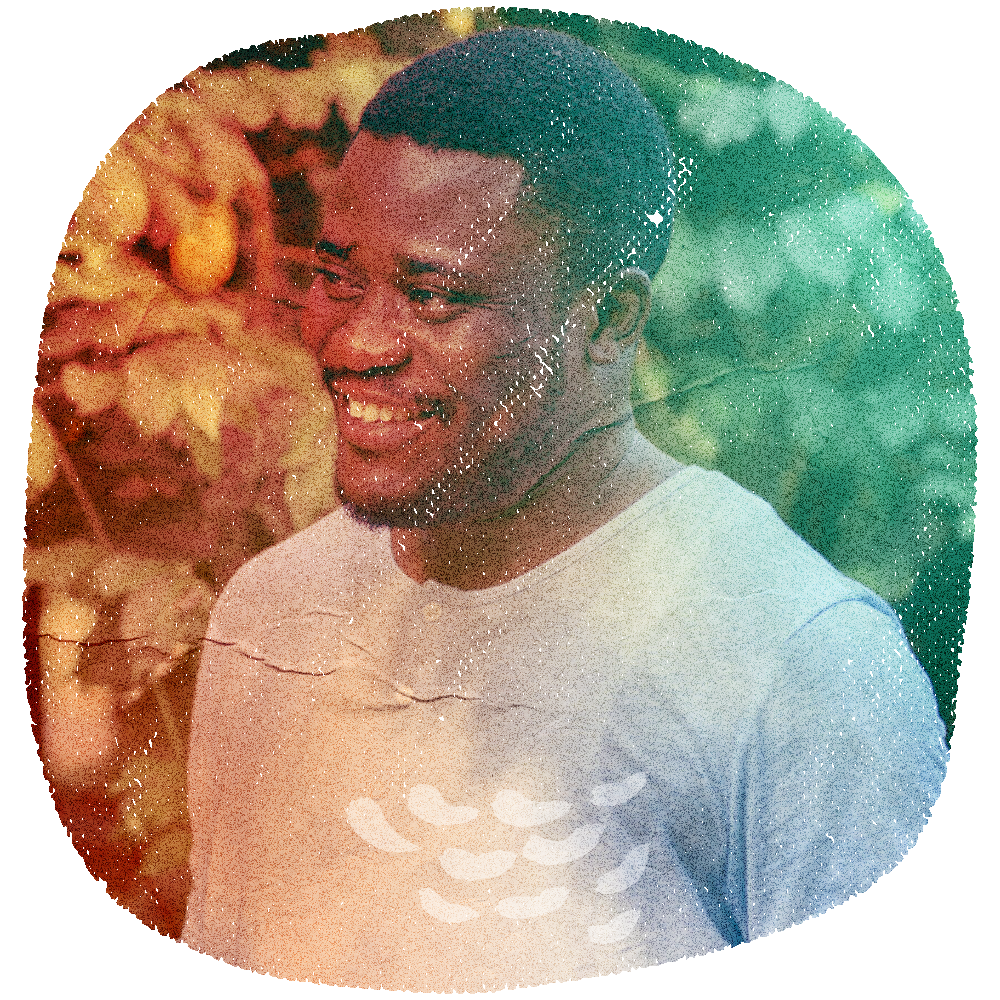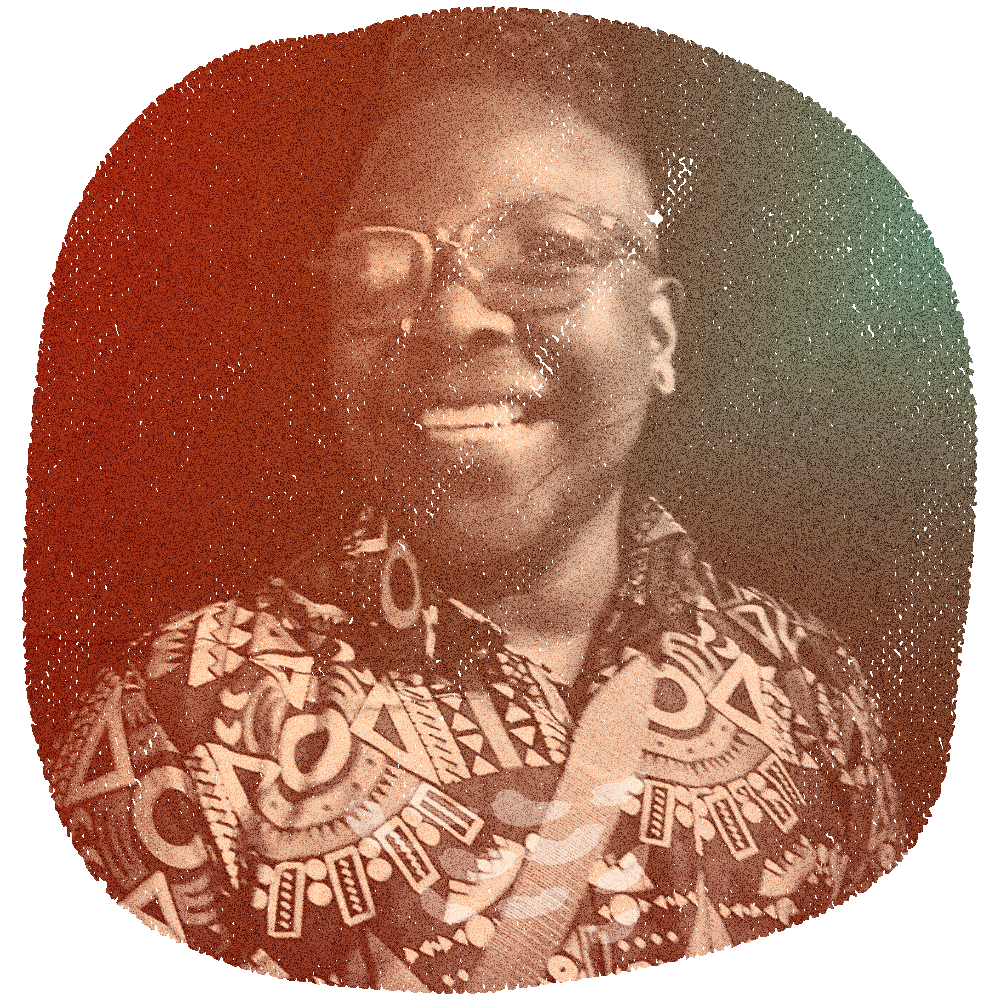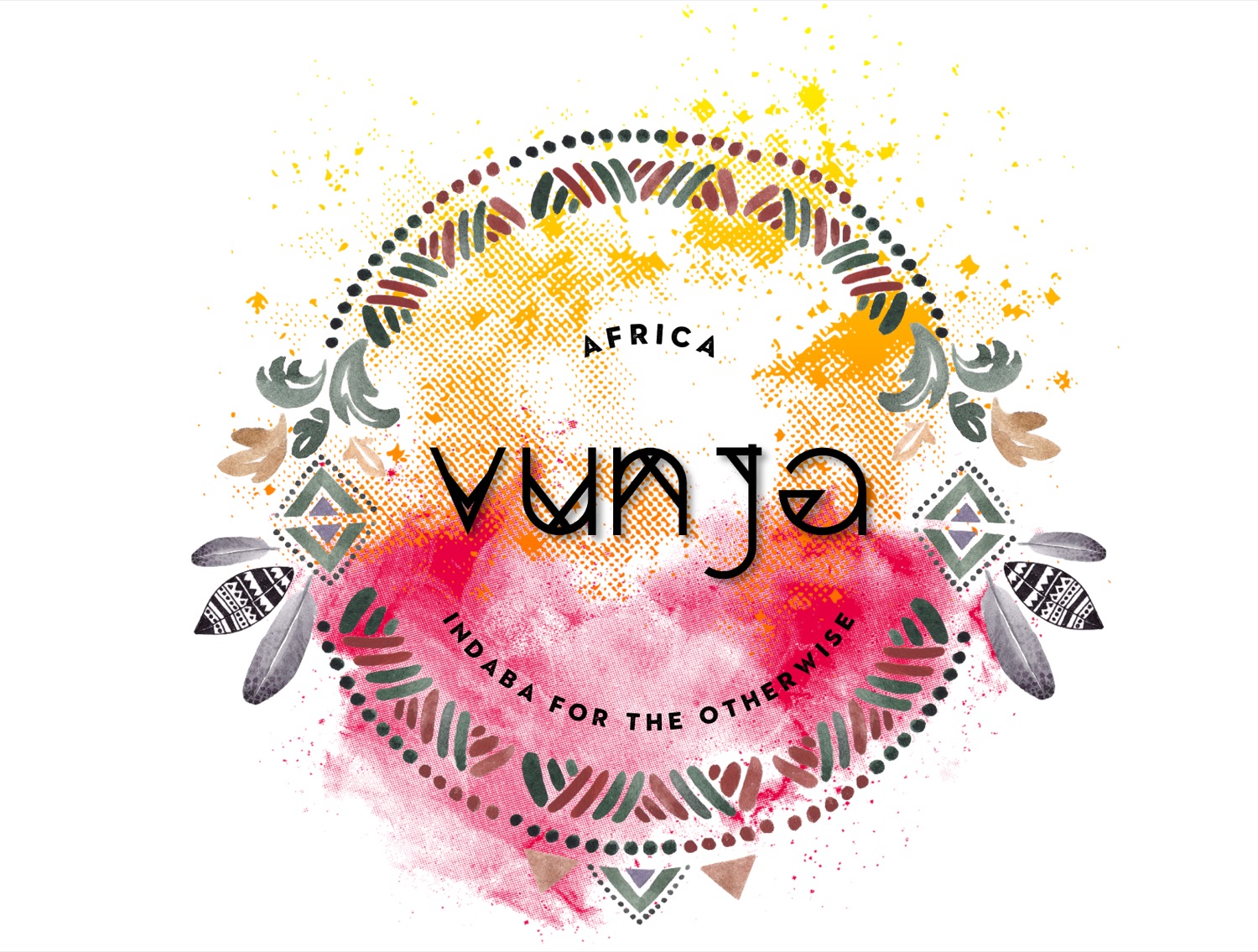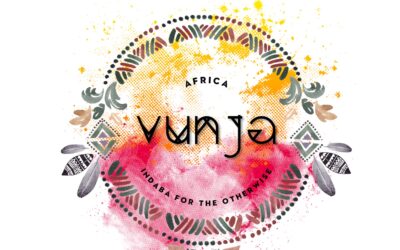
Vunja! Project Description
Open up other places of power!
Imagine other possibilities of being alive! Imagine ruptures and openings in spaces of suffering. Imagine other shapes and genres of being human. Imagine other futures! Vunja means rupture or breakage and also colloquially denotes ‘dance’ in Swahili. It is a research/art/social justice/carnival project that celebrates black, invisible and marginalized bodies by attending to startling potentials for wiser worlds in their very conditions of exception.
Vunja is an invitation to imaginaries too radical to be articulated within the confines of the nation-state. Imaginaries beyond hope. Imaginaries beyond our lexicon. Imaginaries beyond the familiar future promised by the status quo. Imaginaries beyond imagination. It is a call to attend to our fleshly bodies, to dwell in the cracks in the highway, and open up other places of power.
As a particular analysis of modernity, a research project and inquiry into decolonization practices, a network of shared interests and yearnings, an assemblage of social technologies and rituals, and periodic festivals devoted to the celebration of the “otherwise” (potentially wiser ways of being alive that thread through economics, politics, education and our bodies), Vunja is a multilateral sci-art project of the Anthropocene designed to instigate ‘new’ practices and knowledges that undercut colonial futures and might help us shapeshift from the forms we are familiar with.
Specifically, the word “Vunja” is Kiswahili for “rupture” or “breakage”, and is also contextually employed to signify “dancing” in a song of old. One might even think of Vunja as “breakdancing”, the irreverent and athletic form of street dance developed by young African Americans in the 60s and 70s. Like breakdancing, Vunja is an aesthetic of decolonization and emancipation – a way of disturbing the order of things so that still-unknown possibilities can be noticed.
Vunja is also tied to the Yoruba deity, Yemoja, who is the ‘Orisa’ closely associated with emergence and motherhood – as well as to Ésú, the trickster deity who sits at the crossroads and whose playful interventions are the engine of reality’s ongoing creativity and complexity. Ésú traveled with the New World slaves along the Middle Passage from West Africa to the Americas. It is believed that Ésú inspired subversive and ironic activisms that undercut both the identities of the slavemaster and the enslaved. Vunja borrows from this aesthetic of irony, and seeks other ways of framing humanity in a time of trouble.
Vunja is an aesthetic of decolonization and emancipation – a way of disturbing the order of things so that still-unknown possibilities for living can be noticed.
The principal curators for Vunja are Báyò Akómoláfé, Geci Karuri-Sebina and Austen Smith.
The Premise of Vunja!
Vunja! [ten artifacts] Imagine other possibilities of being alive! Imagine ruptures and openings in spaces of suffering. Imagine other shapes and genres of being human. Imagine other futures! Vunja means rupture or breakage and also colloquially denotes ‘dance’ in...
Grounding VUNJA: Fieldnotes from my Journey to the Old ‘New World’
Vunja! [ten artifacts] Imagine other possibilities of being alive! Imagine ruptures and openings in spaces of suffering. Imagine other shapes and genres of being human. Imagine other futures! Vunja means rupture or breakage and also colloquially denotes ‘dance’ in...
Vunja! Party (2021)
Vunja! [past ten events] Imagine other possibilities of being alive! Imagine ruptures and openings in spaces of suffering. Imagine other shapes and genres of being human. Imagine other futures! Vunja means rupture or breakage and also colloquially denotes ‘dance’ in...
Vunja! Sonic Collage, Musicscapes, AfroRhizomatic Dance (2022)
Vunja! [ten artifacts] Imagine other possibilities of being alive! Imagine ruptures and openings in spaces of suffering. Imagine other shapes and genres of being human. Imagine other futures! Vunja means rupture or breakage and also colloquially denotes ‘dance’ in...
We Will Dance with Mountains: Vunja! Live Session Libations (2023)
Vunja! [ten artifacts] Imagine other possibilities of being alive! Imagine ruptures and openings in spaces of suffering. Imagine other shapes and genres of being human. Imagine other futures! Vunja means rupture or breakage and also colloquially denotes ‘dance’ in...
